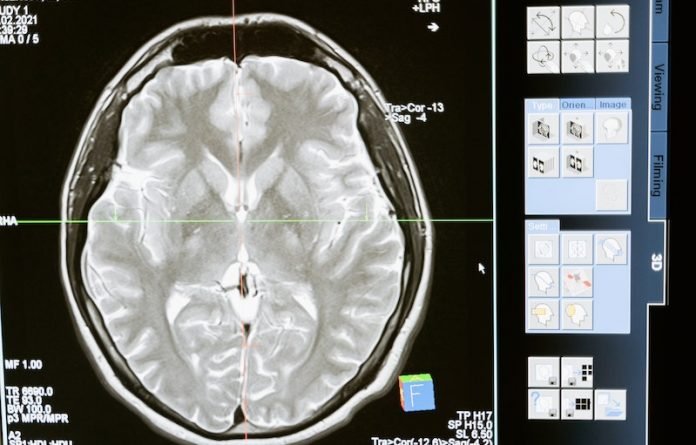
In a study from Karolinska Institutet in Sweden, scientists compared how well different Alzheimer’s biomarkers predict the progression of the disease and its effect on memory.
They found that early accumulation of tau proteins in the brain was more effective at predicting memory impairment.
Over 50 million people around the world suffer from dementia. Alzheimer’s disease is the most common form of dementia and is characterized by an accumulation of the proteins beta-amyloid (Ab) and tau in the brain, followed by a continuous progression in memory decline.
The pathological progression can take different forms and it is difficult to predict how quickly the symptoms will develop in any particular individual.
Moreover, the presence of Ab in a person’s brain—known as amyloid plaque—does not necessarily mean that he or she will develop Alzheimer’s dementia.
Some biomarkers identify accumulations of Aβ or tau, while others are used to measure the loss of nerve function (neurodegeneration).
In the study, the team analyzed brain imaging (PET and MRI) and CSF data in a group of 282 participants comprising people with mild cognitive impairment, people with Alzheimer’s dementia, and healthy controls.
213 of the participants were also monitored for three years with tests of episodic memory (i.e. short-term memory related to daily events).
The researchers found that the presence of amyloid plaque in the brain and changes in concentrations of Ab and pTau in the CSF can be detected early during the course of the disease.
The presence of tau in the brain measured by a PET scanner is linked to a rapid decline, especially in episodic memory, which is often affected at an early stage of the disease.
The finding suggests that tau PET should be recommended for the clinical prognostic assessment of cognitive decline in Alzheimer’s patients.
If you care about Alzheimer’s disease, please read studies about a new biomarker of Alzheimer’s disease, and these two old drugs may help treat Alzheimer’s disease.
For more information about brain health, please see recent studies about why some older people are less likely to have Alzheimer’s disease, and results showing this daily habit may help treat Alzheimer’s disease.
The study was conducted by Marco Bucci et al and published in the journal Molecular Psychiatry.
Copyright © 2022 Knowridge Science Report. All rights reserved.



